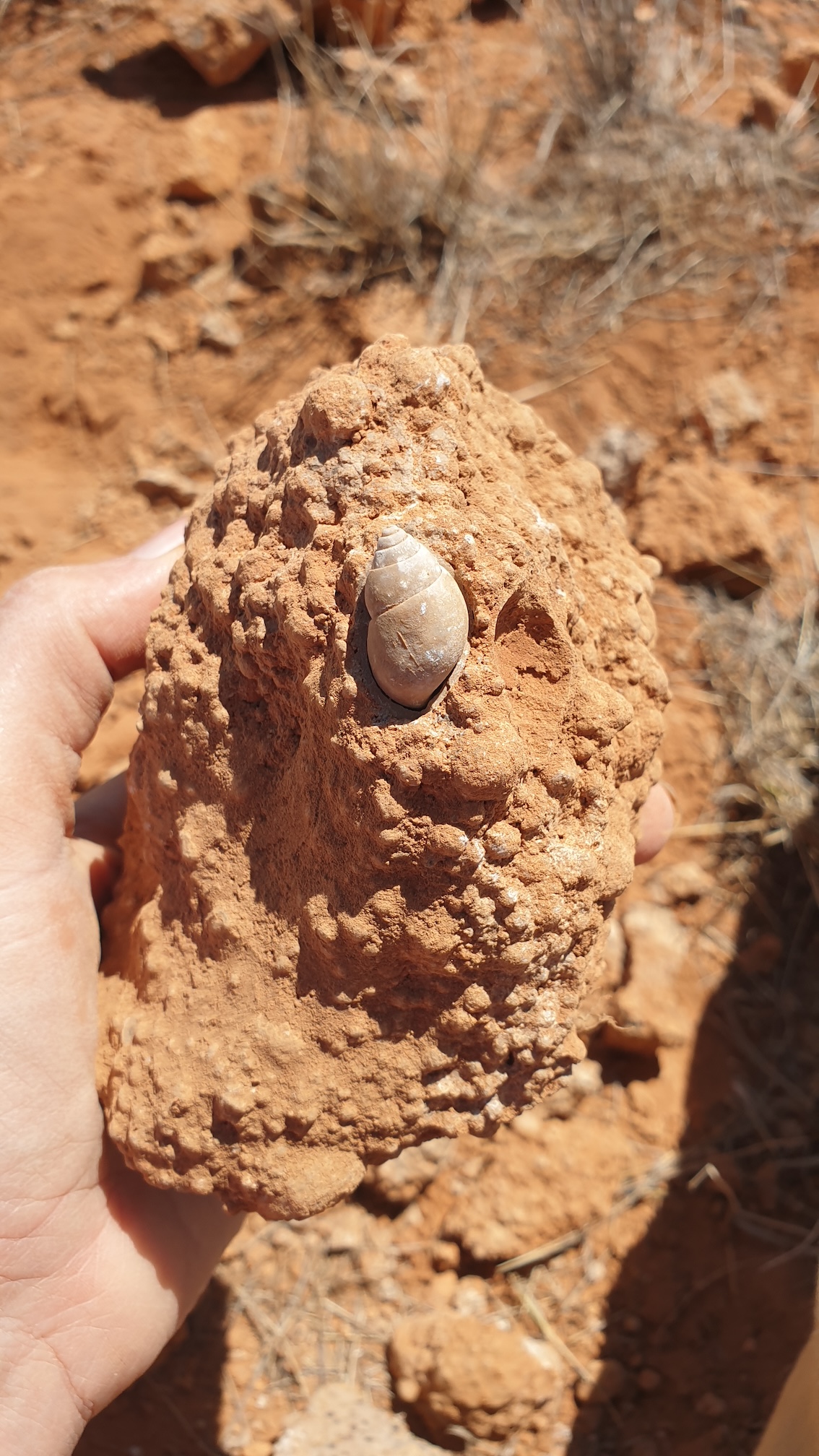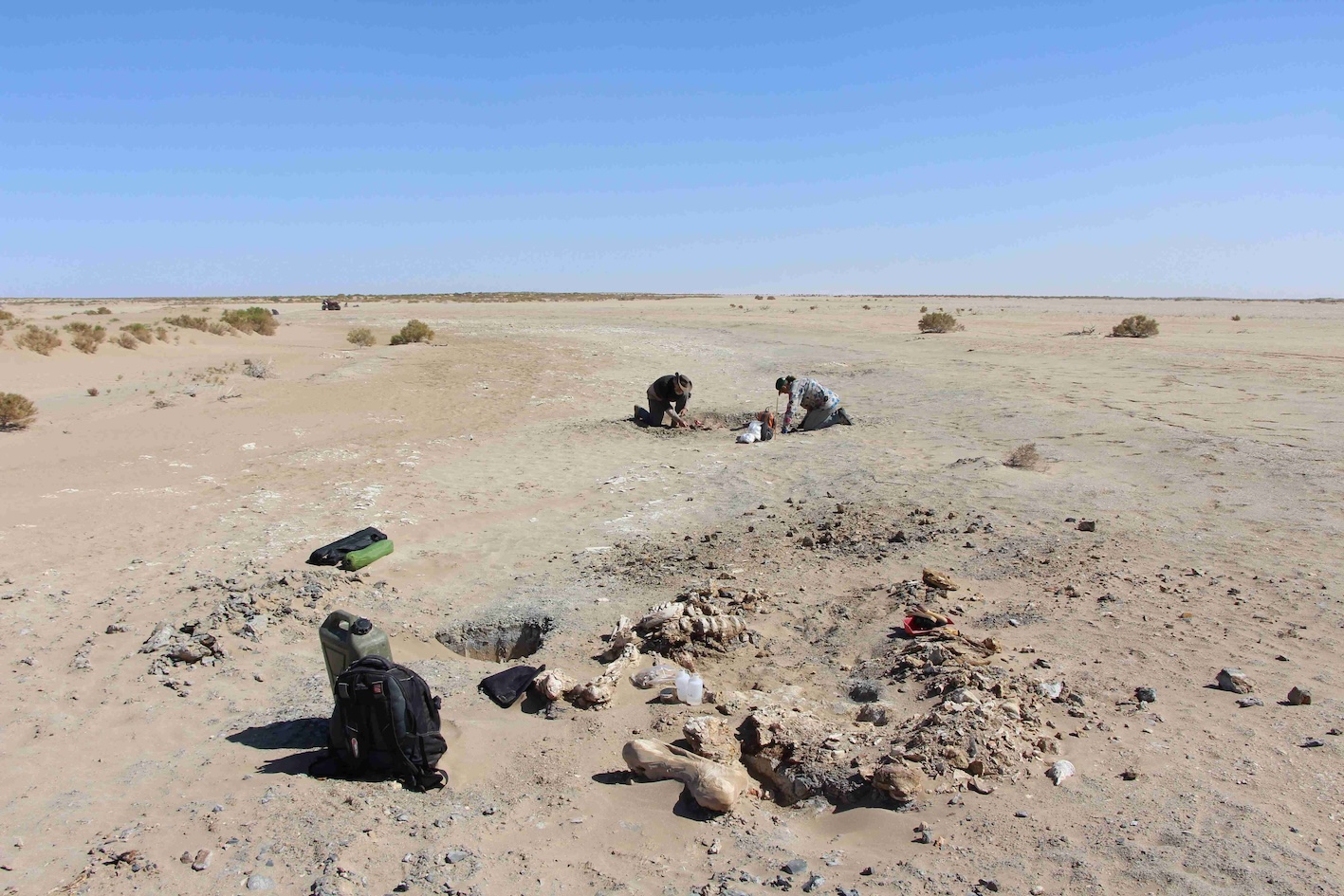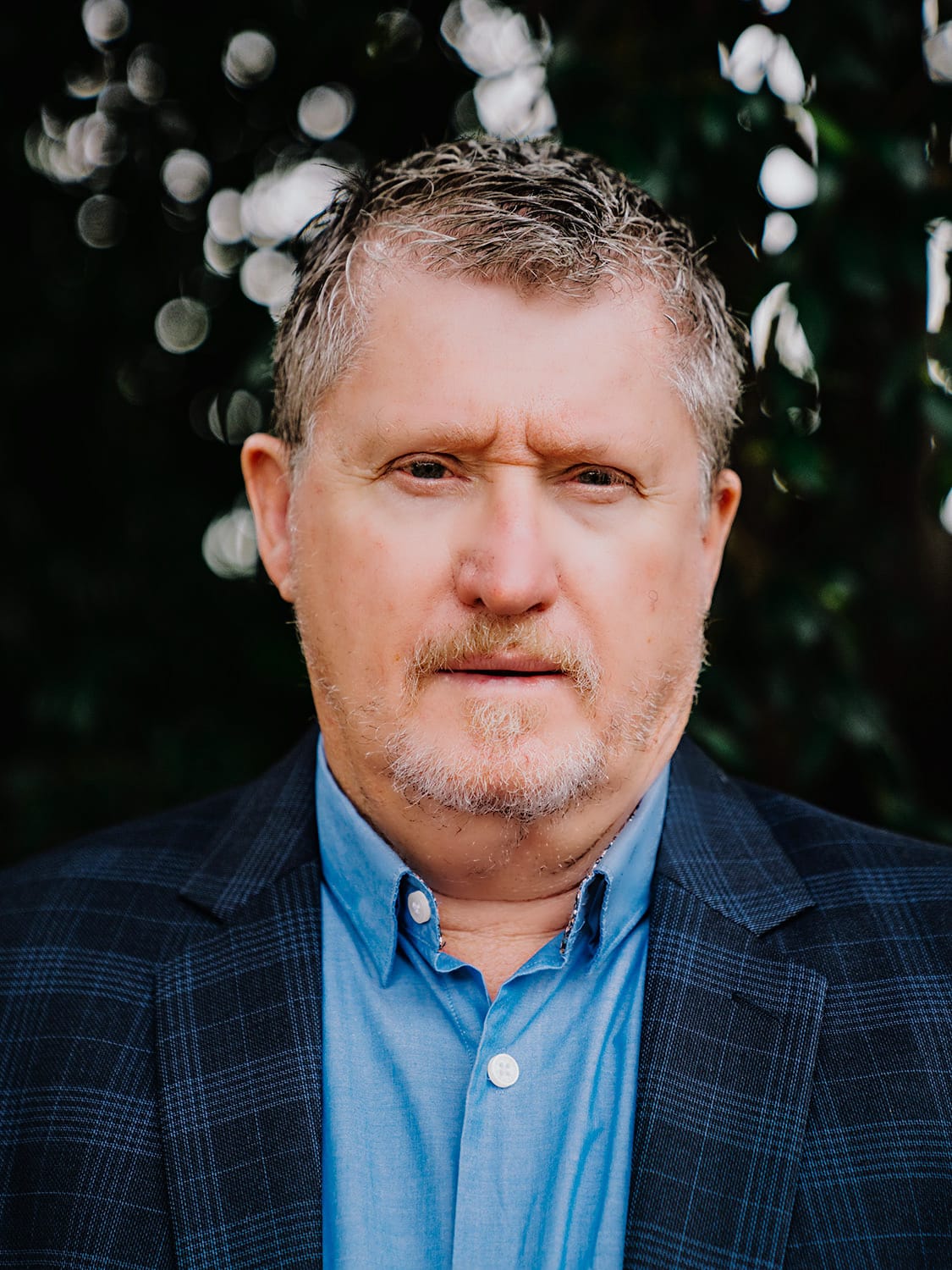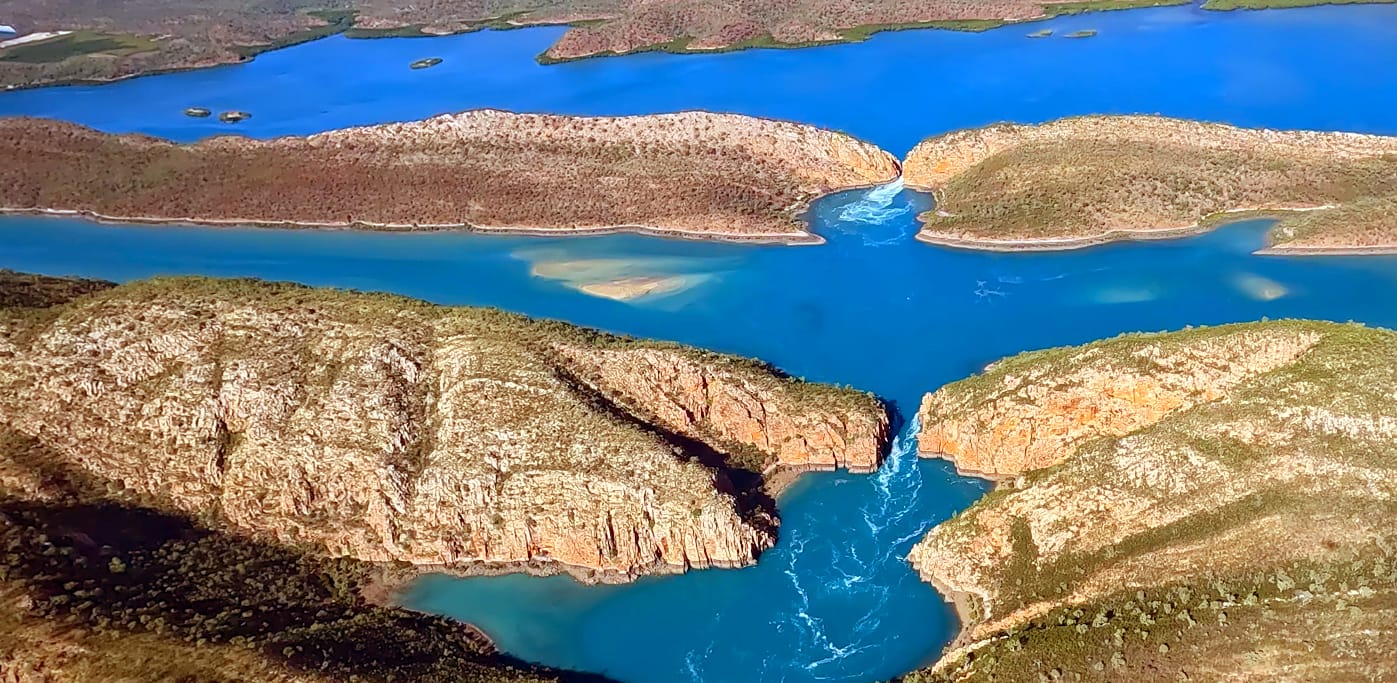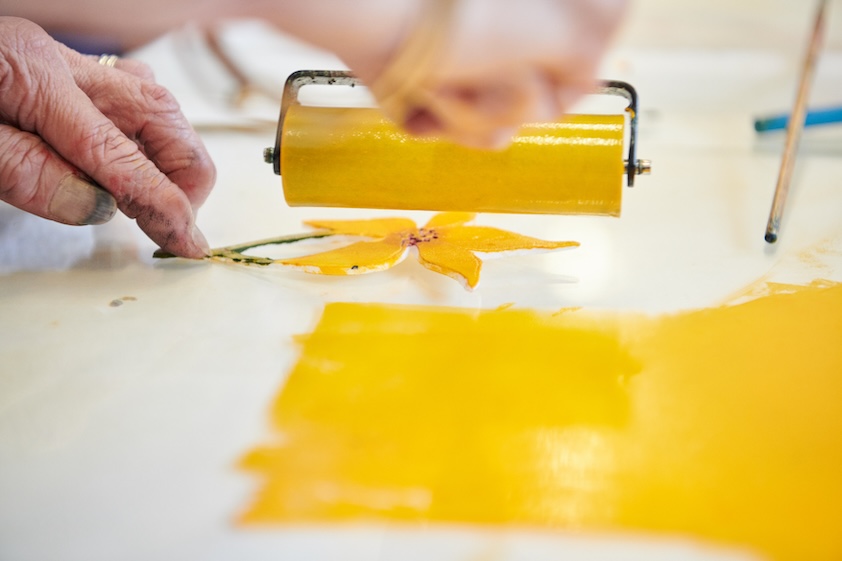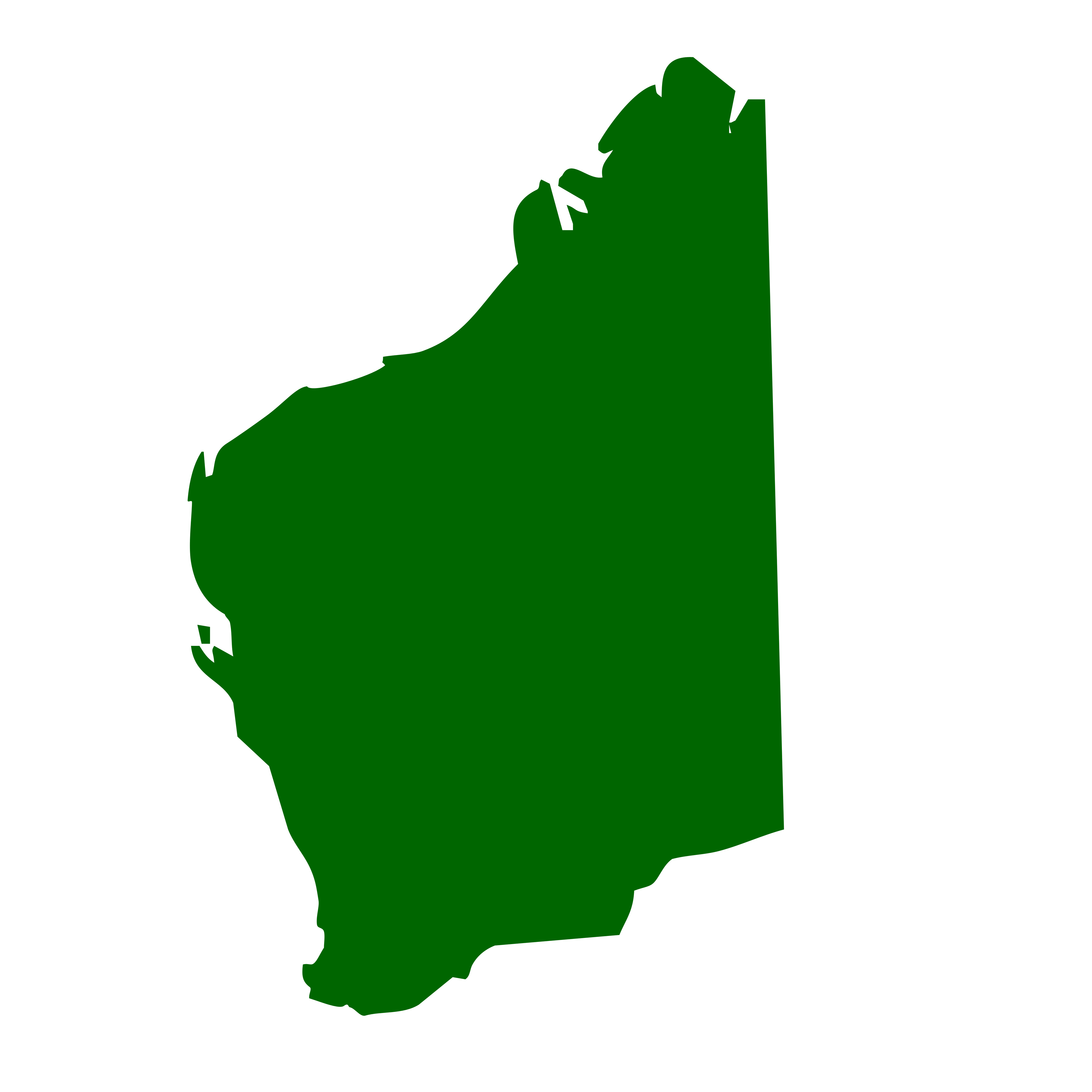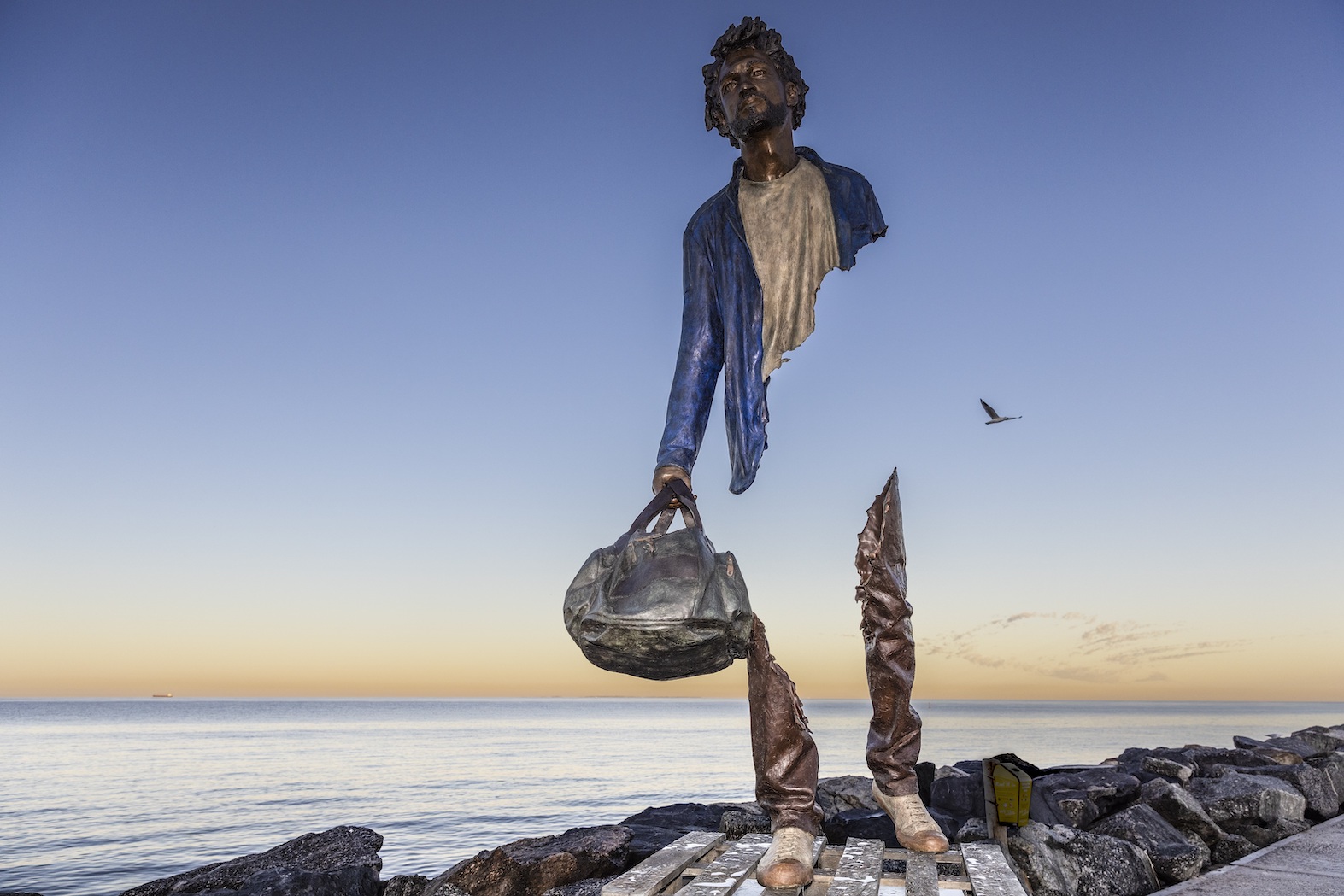THE tide is turning, I believe, on our true great debate: Western Australia’s secession.
Many of us who asked why should WA secede, now ponder why not?
The issue that has been fermenting is fanned by a GST that even Canberra concedes is vastly unfair to the West.
Secession supporters are no longer coming primarily from the ranks of loonies, the hard-done-by, academic dreamers, business hopefuls or political agitators.
So, we are headed for heated debate. Let’s be ready for it.
The issue is obviously divisive but let’s not build a case based on bitterness against the East.
Sure, the 2.5 million of us domiciled west of the border have good reason to be genuinely aggrieved.
But we would do well to develop a strategy focused on the future, not with an anti-East sentiment.
The goal would be a better life for West Australians. A prospering nation run by our own people.
Western Australia has the resources, the knowhow, the people, the skills, the attractions and the geography to stand on its own resource-rich feet.
If Western Australia was a separate country, it would be among the top 50 economies in the world by GDP.
Our exports account for about half the nation’s total.
We are flush with iron-ore, alumina, crude oil and liquefied natural gas, nickel, gold, ammonia, wheat, wool and live sheep and cattle.
The iron ore boom may have dipped but WA can now say it has the world’s largest source of lithium.
Earth’s lightest metal, lithium is crucial for energy storage, electric vehicles and smart phones. And the world is moving into alternative energy.
Let’s have a properly-planned blueprint to answers all our secession queries.
A panel of top legislators and lawyers to map out how to move to independence, a committee to draw up a public discussion paper, a declaration from political parties on their policies and submissions from businesses, unions and economists on all aspects of future trade, business and jobs.
WA could build a significant fleet of patrol vessels to combat illegal fishing, illegal migrants (potentially carrying diseases) and smuggling.
Defence missiles could be stationed across the north-west and defence bases such as Garden Island maintained.
We will control a border, decide our policies and negotiate terms of trade with the east.
When should we act?
Do we wait until WA’s population reaches five million or 10 million?
Whenever it is, let’s be ready. Let’s have the debate, spell it all out and lay the groundwork.
Our national rulers in Canberra are 3,718 kms from Perth.
That’s further than London to Moscow (2,500 kms).
There are many arguments why WA can’t or shouldn’t go independent.
Let’s hear them all, let’s debate them and let’s keep it to this side of the border.
Western Australia for West Australians.
The Constitution of Australia describes the national union as one indissoluble Federal Commonwealth and makes no provision for states to secede from the union.
So let’s hear from our judges and lawyers how it can done.
In 1926, newspaperman James MacCallum Smith and others established the Secession League.
In 1933, Nationalist Premier Sir James Mitchell’s government held a secession referendum.
Of 237,198 voters, 68 per cent favoured secession.
A Labor government sent a delegation to London to petition the British government.
The House of Commons established a committee but after 18 months of negotiations and lobbying it declared it could not legally grant secession.
Iron magnate Lang Hancock founded the Westralian Secession Movement in 1974, arguing national trade barriers harmed mining and wheat export industries which earned a disproportionate amount of Australia’s foreign exchange.
In 2008, former premier Richard Court said that the case for secession was strengthened while the Commonwealth continued to exploit WA’s economy and failing to evenly share the prosperity.
In 2011, Minister Norman Moore said WA should secede and rely on China and the US for military defence and be free from Canberra’s influence.
In 2013, The New York Times grouped WA with Scotland, Wales, the Basque Country and Catalonia as “places seeking maximum fiscal and policy autonomy from their national capitals”.
Liberal Party life member Rick Palmer declared: “The federation is not working the way it is supposed to”.
Palmer said WA was being punished for developing its resources industry while Victoria and NSW banned onshore gas exploration, Tasmania was happy to remain ‘the biggest national park in the world’ and South Australia was being powered by windmills.
Mr Palmer pointed to the Australian Rugby Union’s axing of the Western Force from the national competition as another example of the east coast ‘screwing’ WA.
After discussions in Parliament and a motion at the 2017 Liberal Party State Conference, a non-partisan Western Australian Secession Movement has been born.
Fresh life comes to the debate. Do we need the difficulties, the wrangling, the pain to tackle the issue?
Well, we’ve had decades of difficulties, wrangling and pain dealing with Canberra and it’s not going away.
Let’s lay the groundwork and be ready to take the reins.
Let’s not call it secession but independence.
What do you think?
Email us at info@haveagonews.com.au with succession in the subject line or head to
our Facebook page to write your thoughts.
You can also write to us at Opinion c/- Have a Go News PO Box 1042, West Leederville
6901.




